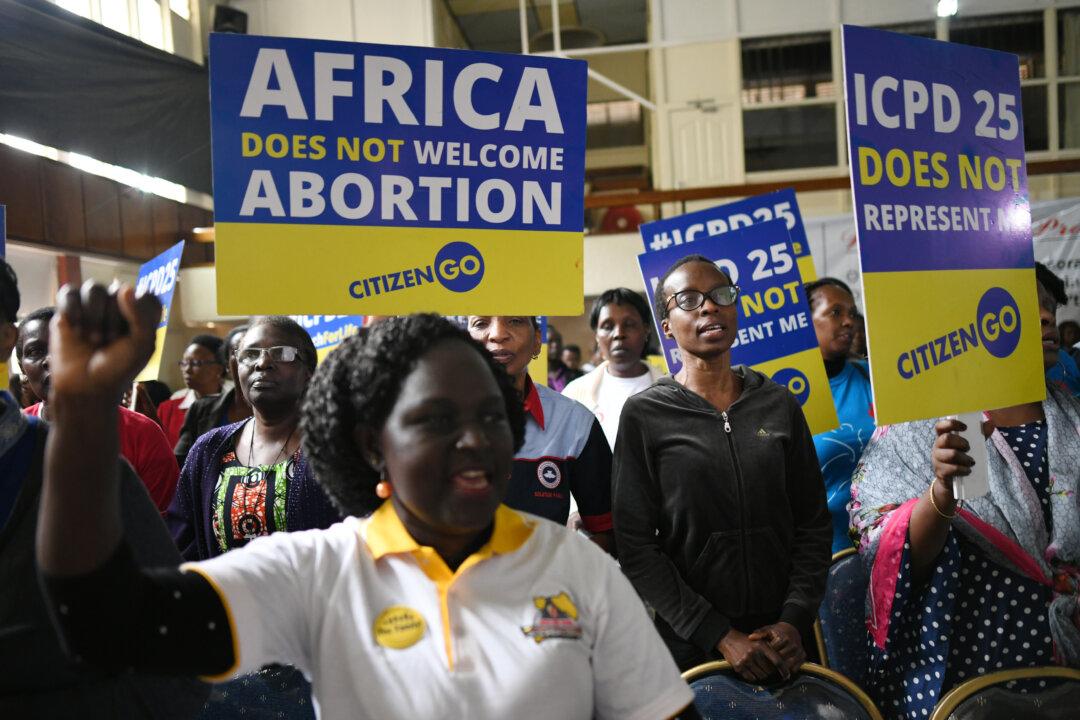The Reverend Kenneth Meshoe is not accustomed to celebrating unless he is presenting a sermon at his local evangelical church.
As the leader of the African Christian Democratic Party (ACDP), a political organization with only four seats in South Africa’s raucous 400-member parliament, where fists sometimes fly, he does not get much time to get his points across. When he does speak, his voice is often drowned out in a cacophony of jeers from members of bigger parties … especially when he stands up to condemn the most liberal abortion laws in Africa.





